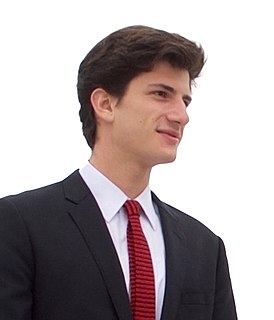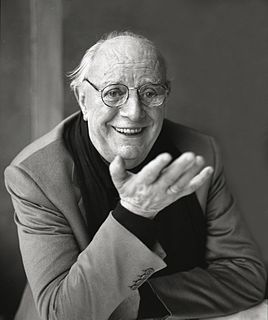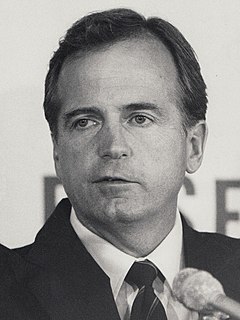A Quote by Nina Turner
It hasn't been for a lack of trying. But we really have to analyze in a deeper way why we have these problems - at least at the state level - electing an African-American.
Related Quotes
You know, when Trayvon Martin was first shot I said that this could have been my son. Another way of saying that is Trayvon Martin could have been me 35 years ago. And when you think about why, in the African American community at least, there's a lot of pain around what happened here, I think it's important to recognize that the African American community is looking at this issue through a set of experiences and a history that doesn't go away.
I think the sad fact is, there's a long history in this country at looking at African-American as subhuman. And I think that's reflected in the fact that, when we have problems that really are problems of employment, that are really problems of mental health, that are really problems of drugs, our answer is the police.
There were people who voted for Obama simply because he was the first African-American. We had a lot of people that would not have voted for Obama but who did because they really hoped that the nation, making the statement electing an African-American president, would prove once and for all that this is not a racist nation. I believe that there were all kinds of people that voted for Obama with that hope. That was the reason. Everything else was irrelevant to them.
To politicians, solved problems represent a dire threat - of unemployment and poverty. That's why no problem ever tackled by the government has ever been solved. What they want is lots of problems they can promise to solve, so that we'll keep electing them - or letting them keep their jobs in a bureaucracy metastasizing like cancer.
































